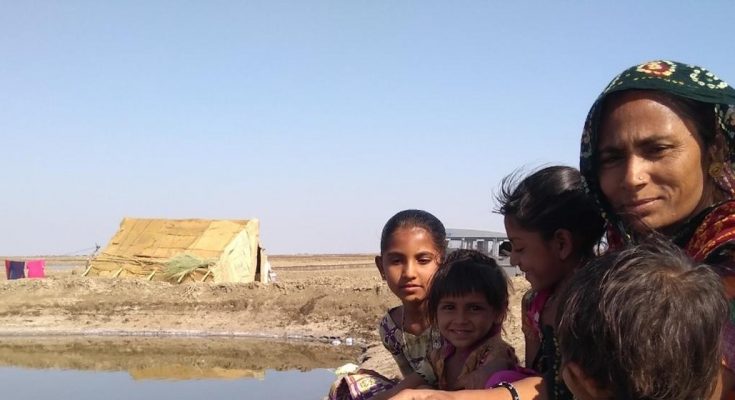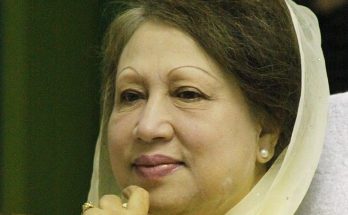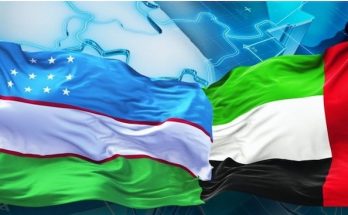A UN project, in association with one of India’s leading clean energy companies, is training women salt farmers in the Indian state of Gujarat to work in the solar power industry, and build a better life.
Salt farming in India is hard work. In Gujarat, women set up huts, dig wells, and pump up the brine, which they sift through a series of pans, eventually crystallizing salt. Apart from the pumping, all elements of the process are completed by hand. The women generally work without a contract, and the pay is poor. SEWAAn estimated 1000 women, will be trained as solar panel and solar pump technicians in this program.
SEWAAn estimated 1000 women, will be trained as solar panel and solar pump technicians in this program.
The project – a collaboration between the United Nations Environment Program (UNEP), India’s leading clean energy company, “Renew Power”, the Indian Self-Employed Women’s Association (SEWA), and the western state of Gujarat – aims to give these women the skills to build a new, more rewarding and better-paid career in the renewable energy industry.
At SEWA training centers and Renew Power facilities in the state, some 1,000 women from the region are learning how to work as solar panel and solar pump technicians. They will also receive technical training from the Electronics Sector Skills Council of India.
“This program will not only help in creating alternative livelihoods for our SEWA sisters but also help to deal with the environmental challenges present in traditional sectors such as salt production”, says Reema Nanavati, from SEWA, referring to the polluting diesel pumps that are often used. “It will help achieve an appropriate shift towards environmental sustainability. And we look forward to expanding this program to other regions of the country”.
SEWAUNEP, partners to train rural women on clean energy livelihoods.
One of the places where the women could end up being employed is at Renew Power, one of the project partners. “We want to engage women’s interest in an industry that will not only grow but enable them to become clean energy leaders in India”, says Vaishali Sinha, the company’s Chief Sustainability Officer.
The project supports efforts to achieve a number of Sustainable Development Goals – including gender equality, affordable and clean energy, decent work and economic growth, and climate action – and global climate funds are being sought to expand its scope over the next years, and finance similar developments that could lead to “green jobs” and sustainable entrepreneurship activities.
Atul Bagai, head of the UNEP India Office, is excited by the potential to scale up across the country. “We are delighted to support these initiatives, alongside companies like ‘Renew Power’, and organizations like ‘SEWA’. They play an important role in tackling climate change, teaching women important skills, and providing employment.”
This story is part of multimedia UN News series featuring women leading initiatives for a more sustainable, equitable future, published ahead of this year’s International Women’s Day on 08 March. SEWAThe multi-pronged program will facilitate the training of salt pan workers from the Rann of Kutch in solar power technologies to help them leapfrog from traditional energy sources to renewable and clean energy and new livelihood opportunities.
SEWAThe multi-pronged program will facilitate the training of salt pan workers from the Rann of Kutch in solar power technologies to help them leapfrog from traditional energy sources to renewable and clean energy and new livelihood opportunities.
#UN; #India; #WomInIndia; #BuildingFuture; # SustainableDevelopmentGoals;





